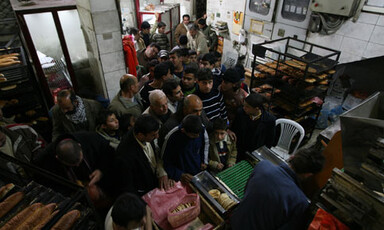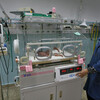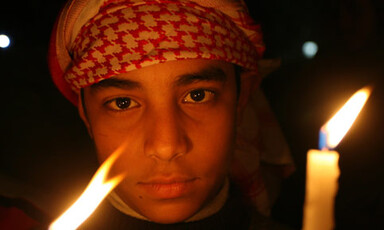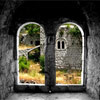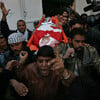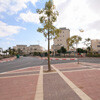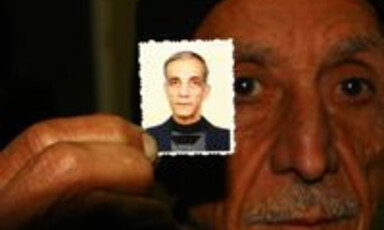
No rights, little mercy
21 January 2008
GAZA CITY, 21 January (IPS) - Seventy-six-year-old Mustapha al-Jamal goes door to door, looking for help in finding medicines for his son. At home, the 53-year-old son Yahya al-Jamal lies back, staring at the ceiling. By his side, an oxygen cylinder keeps him going for now. “My son’s condition continues to worsen,” Mustapha says. “We’ve been waiting two months for the medicines.” Last year Mustapaha’s 44-year-old daughter, a mother of six, died of breast cancer. She had been recovering, but the Israeli siege blocked supply of medicines, and no one could then save her. Read more about No rights, little mercy


